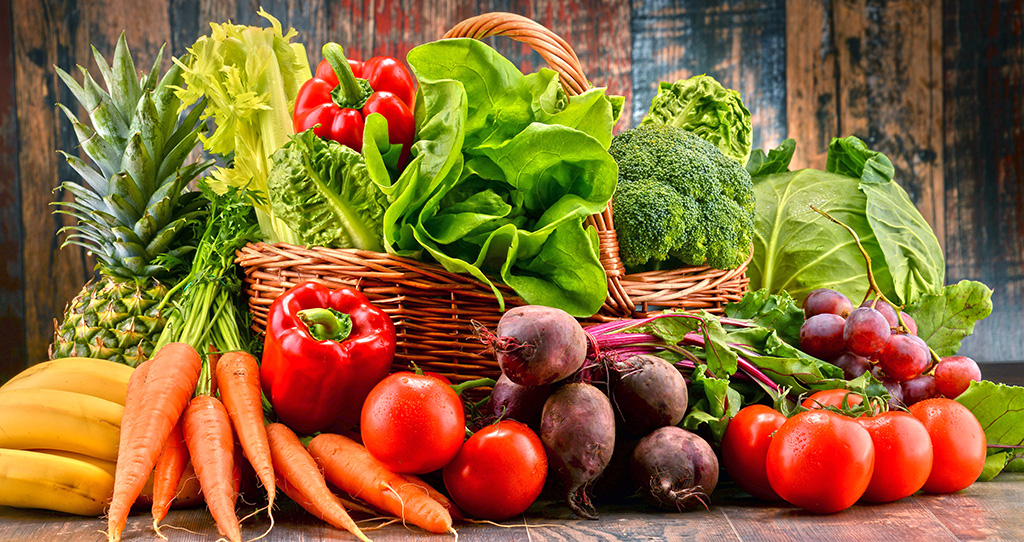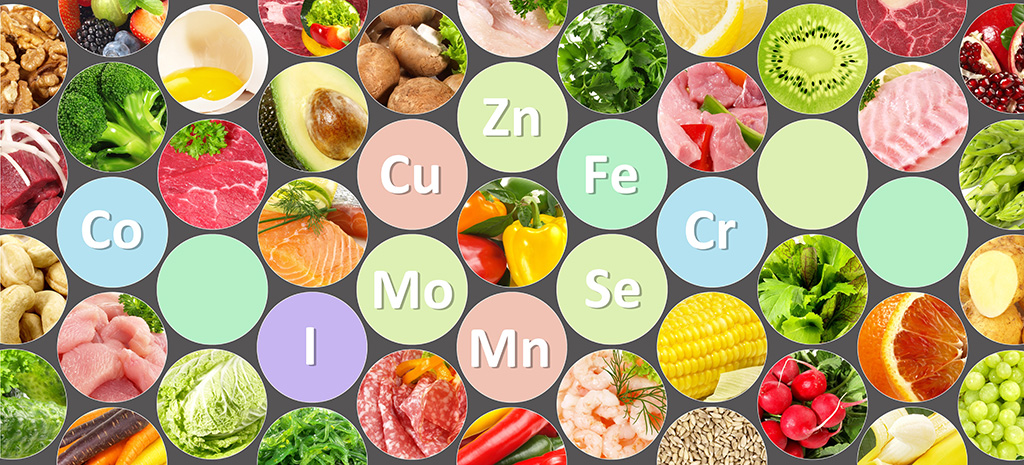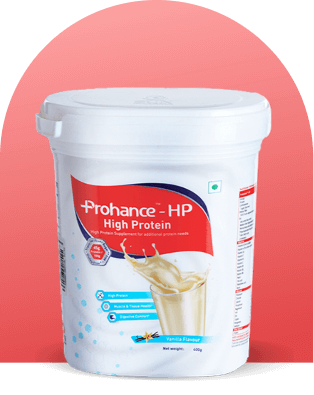Don’t let surgery come in your way to achieve a healthy weight.
In the aftermath of surgery, the body undergoes a transformative healing process, necessitating a comprehensive approach to recovery. One crucial aspect often overshadowed is the significance of healthy weight gain post-surgery. Attaining and maintaining an optimal weight is not only integral to the body’s restoration but also plays a pivotal role in fortifying overall well-being. Weight gain post-surgery becomes a key factor in replenishing energy reserves, supporting tissue repair, and ensuring the body has the necessary resources to navigate the recovery journey. This listicle delves into the importance of post-surgery weight gain, offering insights and strategies to empower individuals on their path to a robust and successful recovery.
1. Eat protein-rich food [1][2]
Protein is vital for the maintenance and repair of body tissue and it’s important for skin repair and immunity. Inadequate protein intake will impair collagen formation and decrease the wound healing process. Protein also helps to build your muscles and improve the immune system.
Because protein is so critical to wound healing, try eating the protein portion of your meals first in case you become too full. For easy protein access, turn to cottage cheese, peanut butter and crackers, Greek yogurt and nuts.
Examples of protein sources include lean meat, skinless poultry, fish, egg, soy and soy products like tofu, fortified soy milk, milk and dairy products like yoghurt, beans and lentils, nuts.
2. Eat fruits [1]
In addition to fibre, fruits contain important nutrients such as vitamin C for rebuilding collagen and soft tissues as well as for wound recovery. Foods that are high in vitamin C include orange, kiwi, papaya, guava, berries (e.g., strawberries, blueberries).
3. Eat Vegetables [1]
Rich in vitamins and minerals, vegetables are also an essential source of fibre which is needed to prevent constipation. Examples of high-fibre vegetables include green leafy vegetables, carrots, broccoli, bell peppers.

4. Stay hydrated [1]
It is imperative to stay well-hydrated after an operation as your body will need more fluid during the wound healing process. Dehydration may cause your skin to be more susceptible to breakdown. Consider drinking more water, milk, fortified soy beverages, soup, fruit/vegetable juice.
5. Stay active [3]
Walking is a great exercise to begin immediately to reduce bone loss, counter fatigue and nausea and prevent muscle atrophy. After surgery, try to walk around for a few minutes 2-3 times per day.
6. Choose wholegrains [2]
For a higher protein content, it’s important to prefer whole grains over refined or white grains. Unlike refined grains, whole grains consists of healthy vitamins, minerals, and fiber as well as carbohydrates, some protein and healthy unsaturated fats.
7. Focus on right vitamins and minerals [2]
When you’re choosing what to eat, ensure you’re getting a variety of vitamins, minerals and nutrients, especially those that matter most for wound healing. Nutrient deficiencies can have a negative impact on wound healing.
Vitamin C is known to be an immune booster. Sources of vitamin C include Bell peppers, Broccoli, Citrus fruits, Kiwi.
Vitamin A stimulates collagen formation process. Low levels of vitamin A delay wound healing. Sources of vitamin A include carrots, cheese, eggs.
Zinc is found to be important for proper immune function which makes it key for wound healing. Sources include fish, shellfish, milk and other dairy products.
Iron helps provide oxygen to the wound site and helps in healing. Sources include fish, eggs, whole-grain bread, dark leafy vegetables.

